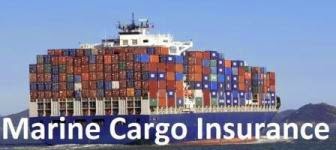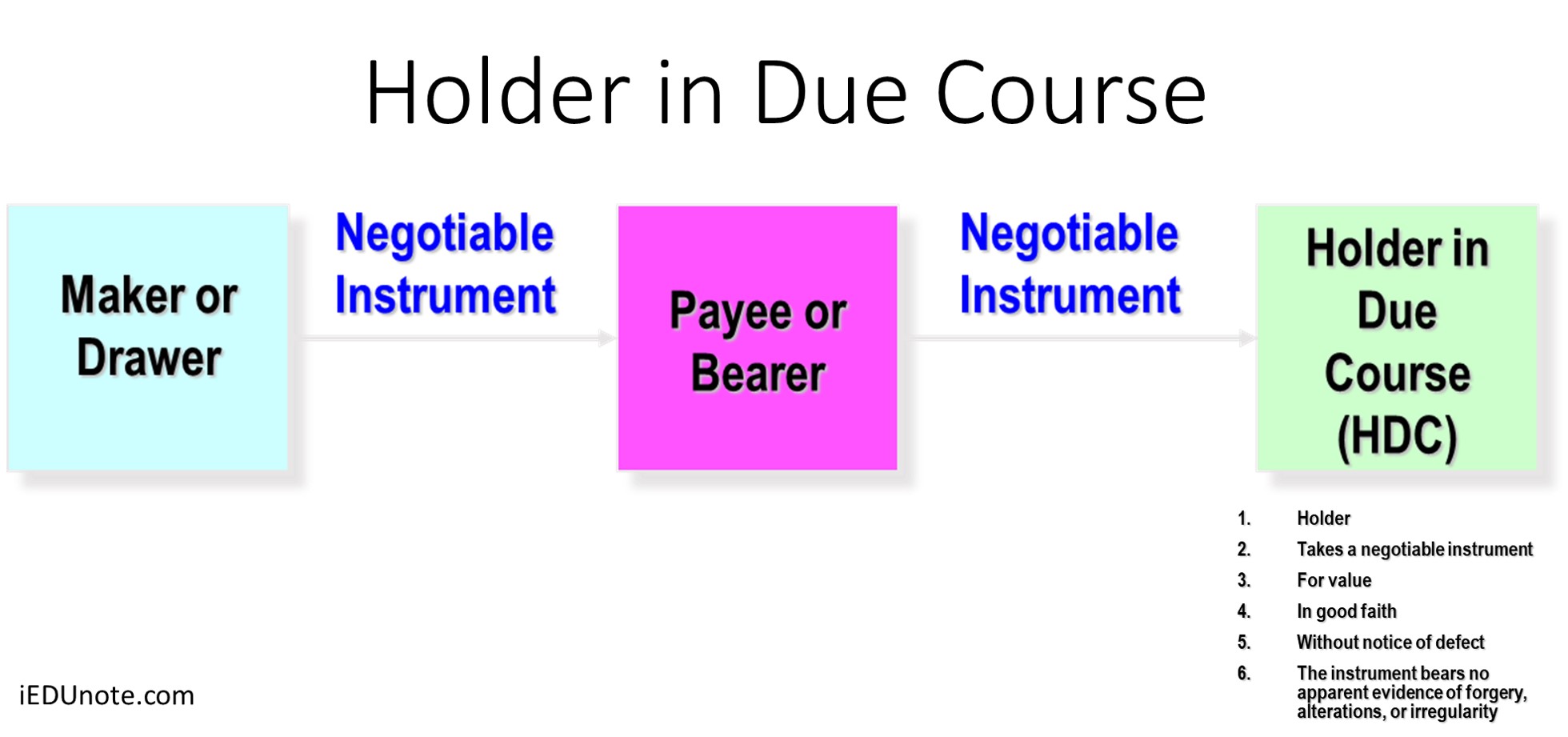Cargo Insurance provides coverage against all risks of physical loss or damage to freight during the shipment from any external cause during shipping, whether by land, sea, or air.
Also known as Freight Insurance, it covers transits carried out by water, air, road, rail, registered post parcel, and courier. Cargo insurance is important in international trade. Different types of cargo insurance policies are available for transporting goods by land, sea, or air.
Businesses need cargo insurance to reduce the risk of importing and exporting. Cargo insurance is covered under risk policies or floating policies. The cargo may be of any description, for example, wares, merchandise, property, goods and so on.
Duration of the risk of attaching from the time the goods leave the warehouse or another place of storage at the placement of the policy for the commencement of transit.
Freight is to be payable for the carriage of cargoes or, if the vessel is chartered, the money to be paid for the use of the vessel. The carriage is unable to earn freight if the goods or properties (cargoes) are not safely transported.
Pre-paid freight is payable in advance and is at the risk of the cargo owner, who includes it in the value of the goods insured under a cargo policy.
But freight payable only on the delivery of the goods at the destination is at the risk of the ship-owner, who has the insurable interest in it and, therefore, can insure it.
The disbursement warranty of the ITC (Hulls) allows the shipowner to effect in ‘Conjugation with 12 months insurance on the ship’s hulls and machinery etc.
Time insurance on freight and charters freight and anticipated freight. When the ship is lost, it also results in the loss of her profit-earning capacity and the termination of freight contracts already entered into.
A certain amount of freight is insured by a shipowner for 12 months under the Institute Time Clauses (freight).
Additional policies are insured on a voyage basis. The freight at risk on any voyage exceeds the amount of insured for time. The Institute Voyage Clauses (freight) are then used.
Time charter hire is payable to the shipowner for the use of his ship for the carriage of goods for a specific period.
If any events occur, such as the breakdown of machinery, damage to the vessel, etc., which prevents the vessel’s operation for more than 24 consecutive hours of the payment hire, it shall cease until the ship becomes operational.
This freight is at the risk of the shipowner.
Importance of Cargo Insurance
The risk then continues during the ordinary course of transit to terminate on delivery.
Cargo insurance has coverage of loss or damage caused by war, civil war, revolution, rebellion, insurrection or civil strife or any hostile act, capture, seizure, arrest, restraint detainment, general average and salvage charges, strikes, riots, etc.
Trade coverage covers the insurance needs of the various type of cargo of general nature.
Several commodities and foodstuffs provide for particular hazards. Institute of London Underwriters (ILU) has adopted uniform trade practices.
Which are followed by other insurers for insurance of cocoa, coffee, cotton, fats, oil knots, hides, skins, leather, metal, oilseeds, sugar, tea, and so is assured under a standard policy. There is separate insurance for coal, Jute, Rubber, tanker, bulk oil, and frozen products.
Advantages of Cargo Insurance – Why You Need Cargo Insurance
Cargo Insurance or Freight Insurance benefits local and international trade.
90% of international cargo transportation is carried out by sea. Again the overwhelming amount of sea transportation is handled via containers utilizing state of the art container vessels.
If you own an import-export business, then you must know how important cargo insurance is for you to deliver the products in their proper condition.
In the export-import business, every time, you need to invest a big chunk of money to ship the product but it is quite often seen that business owner ignores the importance of cargo insurance, due to which sometimes they have to suffer from the loss.
The following aspects are covered under the benefits of this insurance:-
- Damages due to inappropriate packing.
- Infestation.
- Cargo abandonment.
- Customs rejection.
- Employee’s dishonesty.
- Damages due to Collision.
- Damages due to Heavy weather, Sinking, Derailment.
- Non-delivery.
- Theft.
- Fire.
Types of Cargo Insurance Coverage
Different cargo insurance policies are available for transporting cargo by land, sea, or air. Common types of cargo insurance are;
- All Risk.
- Free of Particular Average (FPA).
- Shipment-by-Shipment:
They are explained below;
All Risk
All Risk policy typically covers any physical loss or damage from external causes, with some exclusions listed.
This policy should cover include collision with an external object, jettison, train derailment, truck overturning, deliberate destruction, improper stowage by ship owners, theft, and acts of God (e.g. earthquake, lightning strike).
Free of Particular Average (FPA)
FPA or Free of Particular, also known as a Named Peril policy, lists exactly what is covered by the policy.
Usually, theft is not covered by FPA policy. FPA usually covers collision, stranding, burning, sinking, train derailment, truck overturning, and some acts of God.
Shipment-by-Shipment
Shipment-by-Shipment insurance coverage through the carrier who is shipping your goods.
However, there may be certain exclusions, including defects in the transportation vessel, criminal acts on the part of the vessel’s crew, acts of God, and acts of war.
Risks Covered by Cargo Insurance

All risks clause covers inland Transit risks also for the cargo insurance.
Loss or damage are covered if the risks occurred due to:
- Fire
- Lightning
- Explosion
- Riot, strikes, malicious damage
- Impact by any rail /road vehicle
- Storms, cyclone floods, inundation
- Earthquake, burglary, accidental physical loss, or damage.
A special declaration policy (SDP) is a form of floating policy issued to insure that has a large turnover with many and frequent dispatches of goods anywhere within the country by rail or road or in water warp.
Types of Cargo Insurance Policies
- Open Cover Cargo Policies
- Specific Cargo Policies
- Contingency Insurance Policy
Open Cover Cargo Policies
When insurance holder opts for coverage against various consignments, their open-cover cargo policies get activated. It has 2 segments, renewable policy, and permanent policy
The renewable policy is required for a particular value requiring renewal after policy expiration. Most of the single trip or voyages fall under this category.
A permanent policy can be drawn up for a decided time permitting countless shipments in that period.
Specific Cargo Policies
When a company approaches an insurance company or broker for insuring a particular consignment, then it can fall under the category of specific cargo policies.
Also, known as voyage policies because only shipments are covered under them.
Contingency Insurance Policy
There are certain cases where the customer, not the seller is responsible for insuring the goods against loss or damage.
There are perils associated with it if goods get damaged during transit, and the customer refuses to accept them. In a few cases, some customers do not insure the goods and tend to avoid liability.
Under such circumstances, affected sellers can seek rectification with the help of the legal system.
This can be very costly for them, and sometimes, they may lose the case. Therefore, sellers are advised to go for contingency insurance which has a very less premium rate. For testing and verification, sellers need not tell their customers about it.
Freight Standard Clauses
The standard clauses in use are Institute Time Clauses-Freight and Institute Voyage Clause-Freight. Freight is insurable on a time basis.
Ship owners usually insure a certain amount of freight for a power of 12 months. Additional policies on a voyage basis are issued if the freight at risk on any one voyage exceeds the amount insured for time.
A loss of freight to the carrier, who may be a ship-owner or a character, can only arise when the freight is payable at the destination, and the carrier runs the risk of not receiving it because of loss of the ship and/or loss or damage to cargo.
No such loss can arise to the ship-owner where freight in advance of prepaid and is not repayable if the ship and/or cargo is lost because, in such cases, the freight is usually merged with the value of the cargo, and any claim would be made under the policy covering cargo,
The freight may be prepaid; freight payable On ship or cargo lost or not lost; freight payable on delivering; lump-sum freight; time charter hire.
Prepaid freight is not refundable in case of non-delivery of the goods, and hence it is not at risk of ship-owner.

![Types of Insurance Organizations [A Comprehensive Guide]](https://www.iedunote.com/img/259/types-insurance-organization-e1529504882393.png)